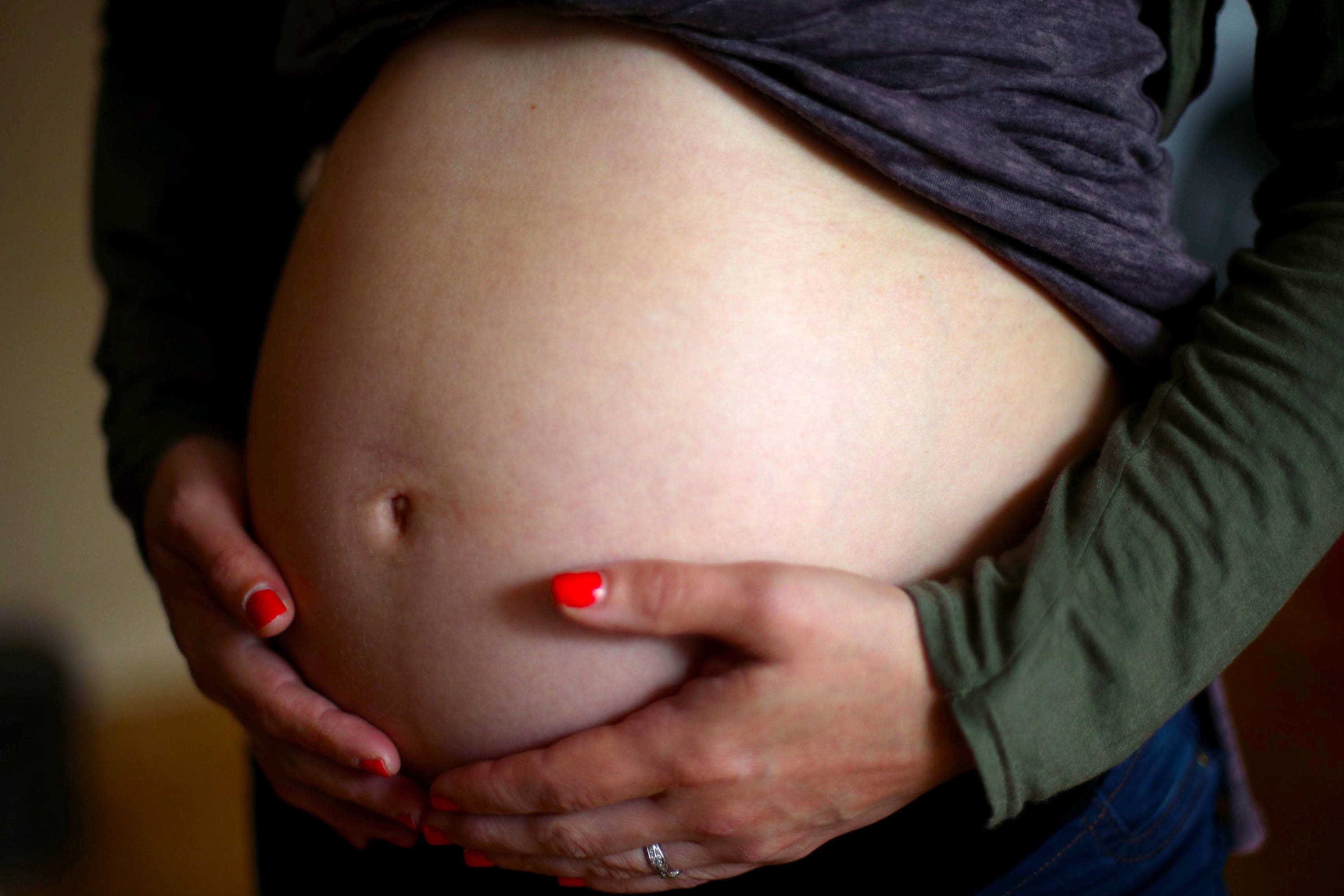Pregnant women in ICU face 12-times higher rate of stillbirth
Women admitted to intensive care during pregnancy faced a 40-times higher risk of death than those not admitted, research found.

Pregnant women admitted to intensive care face significant risks to their own lives as well as a 12-times higher rate of having a stillbirth, research showed.
Researchers from the University of Edinburgh used healthcare databases for more than 760,000 deliveries in Scottish hospitals between 2005 and 2018, examining all pregnancies resulting in a live birth, stillbirth or late miscarriage.
Almost one in 500, some 1,449 women, were admitted to intensive care, which researchers found increased their risk of having a stillbirth, along with a 40-times higher risk of death than those not admitted.
The most common reason for admission to ICU was postpartum haemorrhage, heavier bleeding than normal after birth, while the most frequent cause of death was cardiovascular disease.
The excess risk to those treated in ICU persists for up to a year after discharge from hospital, researchers also found.
Our study shows that women admitted to intensive care experience more health problems during the year after pregnancy.
Experts say the findings demonstrate the need for better tailored care for critically ill patients during and after pregnancy, as maternal age increases.
Maternal death in the UK is known to occur in 12 in every 100,000 women, while a further 70 to 90 women develop severe illness.
Death is more common in women from ethnic minorities and those living in socially deprived areas.
Risk factors for severe maternal illness are increasingly prevalent, including more women with long-term health conditions becoming pregnant and increasing maternal age.
The study found that one in 16 women admitted to intensive care had a stillbirth, compared with one in 167 who are not admitted.
The study also showed that babies born to women admitted to intensive care were 13 times more likely to require a higher level of care after delivery.
Of the women discharged from ICU, almost a quarter were readmitted to hospital within a year – compared with less than one in 10 of healthy mothers.
Researchers said that some elements of postpartum care may be better delivered by intensive care specialists in conjunction with maternity experts, and recommended a “more joined up and proactive approach” is developed.
The study is published in the journal Intensive Care Medicine and was funded by the Obstetric Anaesthesia Association.
Professor Nazir Lone, professor of critical care and epidemiology at the University of Edinburgh’s Usher Institute and director of research for the Intensive Care Society, said: “Being admitted to intensive care can be a traumatic experience for many patients and their families.
“When this happens during or shortly after pregnancy, the impact on a woman, her baby and family can be devastating.
“Our study shows that women admitted to intensive care experience more health problems during the year after pregnancy.
“Maternity and critical care services need to develop a more joined up and proactive approach to better identify and support women who have ongoing care needs after becoming critically ill.”
Bookmark popover
Removed from bookmarks